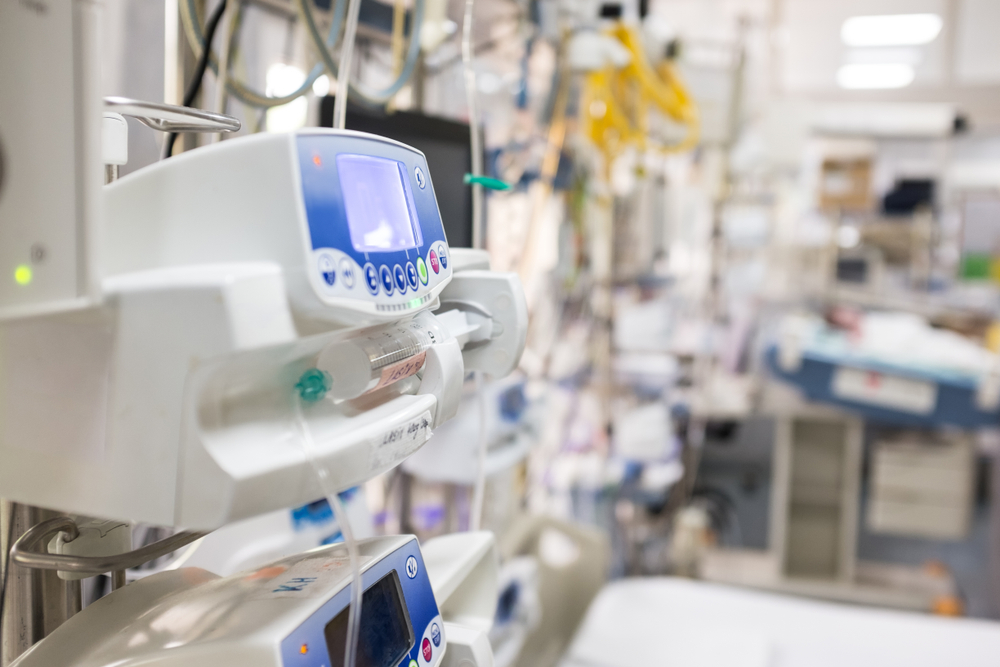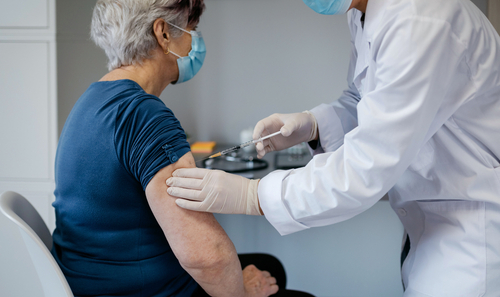Equipping people with the training needed to put a learning health system into practice
This project will create, test and share a programme of accessible and easy-to-understand online resources and simulation to helphealthcare professionals and researchers develop the skills they need to implement data-driven improvement in health and care
The challenge
The Better Care approach of using large-scale data and advanced analytics to inform routine clinical practice and health and care delivery, in learning health systems, is increasingly recognised as a way to drive continual improvements to healthcare. But putting this approach into practice relies on a workforce with a combination of skills that is currently in short supply in the UK –namely maths, statistics and computation, plus familiarity with health data. Training and development in this area are patchy. There are pockets of excellence around the UK and a number of higher education programmes focused on building data-driven decision-making skills. But what’s lacking is good quality, up-to-date and openly accessible resources that combine these skills with best-practice approaches. There is a real need for training programmes that support clinical professionals and patients to use health data and analytics at the point of care, and which signpost other available resources.
The solution
Drawing on an extensive network of universities and NHS Trusts, this project is developing and piloting a set of online resources to share knowledge and help healthcare professionals and teams build their skills that underpin a successful learning health system. These resources teach core skills, showcase best-practice from around the UK and are linked to competency frameworks. They are closely integrated with the broader HDR UK training programme and will be regularly revisited and revised to ensure that they live on and stay up to date. Alongside these online materials, the project is producing a learning health system game so that participants can experience in simulated reality the potential impact of large-scale data and analytics in health and care decision-making and understand what this might allowin theirown context. The pilot game allows participants to ‘learn by doing’ within a simulated real-world context –an approach that has been shown to benefit the development of clinical practice and technical skills, but which has largely been limited to training medics.
The impact and outcomes
Greater access to high-quality, practical Better Care resources and training will allow healthcare teams to develop the skills they need to apply large-scale data and analytics in point-of-care decision-making. Linking these skills to competency frameworks is improving how knowledge and learning is valued and incentivised as a core part of day-to-day health and care practice. The learning health system game is one of only a handful of simulations to focus on the use of data and visualisations in health and care decision-making. As such, the insights it provides will help shape future strategy for the Better Care programme and identify additional training needs. This will allow us to embed a Better Care approach and, ultimately, benefit lives.
Project Team
Project Lead: Georgina Moulton, HDR UK
Project Oversight: James Freed, HEE; Adrian Jonas, NICE; Neil Sebire, HDRUK, GOSH; Ellen McCoughlan, The Health Foundation



